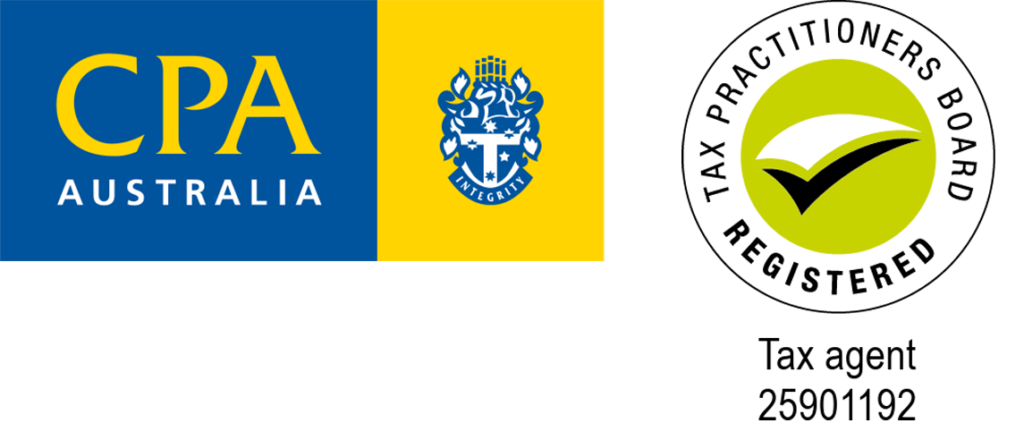27th May 2022
We are heading towards the end of another financial year and many clients are asking how they can reduce this year’s tax bill. There are a few things you can do:
Year-End Tax Planning
- Compulsory Superannuation Payments – we recommend contributions are paid by 20 June to ensure they are received by the super fund by 30 June and therefore deductible in this financial year.
- Voluntary Superannuation Payments – if you would like to make a personal contribution it must still be made by 20 June to get a tax deduction in this financial year but you must also complete this form and send it to your superannuation fund letting them know that you intend to claim a tax deduction. Remember that the maximum concessional* contributions that can be made, per person, in this financial year is $27,500. Unused concessional contributions from the last three years can also be carried forward and be added to this year’s contributions.
- Instant asset write-off – the ability for businesses to write off any work-related asset in full, regardless of cost, has been extended (again!) to 30 June 2023, but if you want the tax deduction this year then you must have purchased the asset and have it ready for use by 30 June 2022. Please note that motor vehicles are the exception and can only be immediately expensed up to the current limit of $60,733.
- Prepayments – as a small business you can prepay expenses for up to 12 months in advance and claim them now. Some examples are rent, interest and insurance.
- Deferring income to next year – if you have received income in advance of work being performed in full or in part, the unearned portion of that income can be deferred to next year.
Superannuation Changes to Note
Superannuation guarantee increase to 10.5%
From 1 July 2022 the superannuation guarantee amount which must be paid to employees is increasing from 10% to 10.5% and will continue to increase by 0.5% each year until it reaches 12% on 1 July 2025.
$450 super guarantee threshold removed
From 1 July, the $450 threshold test will be removed, and all employees aged 18 or over will need to be paid superannuation regardless of how much they earn.
For employees under the age of 18, super guarantee is only paid if the employee works more than 30 hours per week.
Work test repeal – enabling those under 75 to contribute to super
Currently, a work test applies to superannuation contributions made by people aged 67 or over. In general, the work test requires that you are gainfully employed for at least 40 hours over a 30 day period in the financial year.
From 1 July 2022, the work-test has been scrapped and individuals aged younger than 75 years will be able to make or receive non-concessional (including under the bring-forward rule) or salary sacrifice superannuation contributions without meeting the work test, subject to existing contribution caps.
The work test will still apply to personal deductible contributions.
Downsizer contributions now available from aged 60
From 1 July 2022, eligible individuals aged 60 years or older can choose to make a ‘downsizer contribution’ into their superannuation of up to $300,000 per person ($600,000 per couple) from the proceeds of selling their home. Currently, you need to be 65 years or older to utilise downsizer contributions.
Downsizer contributions can be made from the sale of your principal residence that you have owned for the past ten or more years. These contributions are excluded from the age test, work test and your total superannuation balance (but not exempt from your transfer balance cap).
The above are general comments only. If you would like to book in for a tax planning discussion before year end or have any other questions, please don’t hesitate to contact us.



